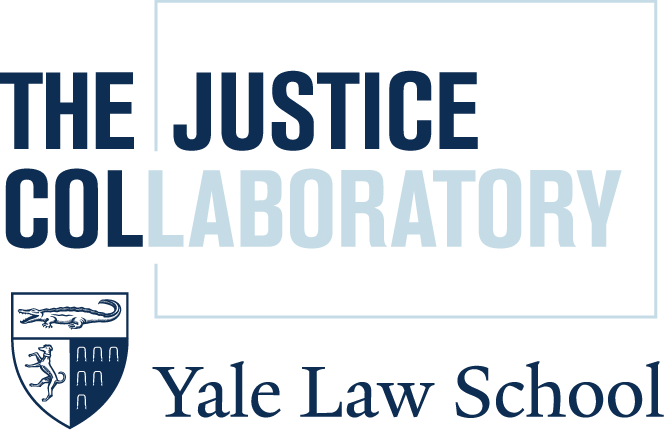The social media executive order: regulation of behavior not content
Written by Farzaneh Badiei
Last week Twitter flagged a tweet from the U.S. President as false. Consequently, the President decided to issue an executive order “on preventing online censorship.” While we have observed the apparent self-defeating nature of this order, there is a bigger issue at stake.
The executive order tries to take away the immunity that Section 230 of the Communications Decency Act (CDA) granted Internet platforms. The weakening of platforms’ immunity is to take place by policies that the President has asked various government agencies to put in place. The executive order claims that it intends to protect freedom of expression, apparently ignoring that Section 230 was a contributor to online freedom of expression.
The primary intention behind the executive order appears to be to hold platforms liable for their take-down decisions. The White House argument is that by de-immunizing the platforms, lawsuits against these platforms would be possible. Because of that liability, they will not make unfair decisions. In this way, the President proposes to protect freedom of expression.
But Section 230 has in fact, enabled freedom of speech by granting the very immunity under attack. Under Section 230 as so far understood, a platform or Internet service provider (ISP) is not liable for content they host: they are treated as simple intermediaries for someone else’s (i.e. the original poster’s) publication. If platforms will be at risk of liability, they will have to worry about every piece of content that users create on their platforms. This is why some have expressed concerns that the executive order can lead to censorship. The Order would seem to increase the probability that the President’s own tweets would be subject to removal.
One major point that is not discussed in these debates is that the executive order is not only about regulating content and speech. It is about regulating our behavior on the Internet. This includes the behavior of various Internet actors, online platforms and online users.
Through hierarchical and punitive means, the government wants to regulate online behavior. It wants to deter online platforms from self-regulation. By taking punitive measures, it can incentivize platforms to turn into exclusive clubs for a certain audience, or even to suppress user-generated content. It could take away the distributed content-generation on the Internet, which allows everyone to innovate and build. This could lead to even fewer creative tech giants.
This approach will hamper self-regulation both at the platform level and at the community level. Online actors so far have been governing themselves to some extent. They have also been innovative in their approach to governance (not necessarily pro-social but still innovative). If this executive order stands, however, online actors will likely be hesitant to regulate themselves and be held liable for their take-down decisions, since they will be liable for their governance structures.
The order also goes against self-regulation of communities. Online platforms to some extent give their community the autonomy to govern themselves. Online communities (like subreddits on Reddit) can have their own policies to govern themselves. If the platforms can be held liable for taking content down on their platforms, they cannot allow their communities to govern themselves, and will have to impose rules from the top.
Overall, the executive order is bad for the Internet. It is based on deterrence and punitive tactics. It tries to regulate our online behavior: how online platforms run, how we choose the online platforms, and how and whether we govern ourselves. Citizens should be given the opportunity to govern ourselves and to decide what we find acceptable online in the long run.
